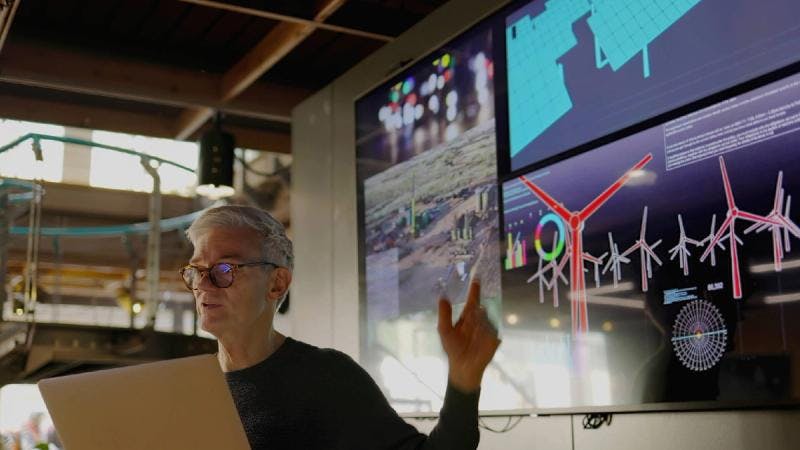Google, Meta, Microsoft and Salesforce have established the Symbiosis Coalition to contract for up to 20 million tonnes of high-quality nature-based carbon removal credits by the end of the decade. The initiative aims to address climate goals by fostering high-quality restoration projects, prioritizing those that demonstrate financial transparency, greater biodiversity benefit, and equitable engagement and outcomes for Indigenous Peoples and local communities.
Recognizing that the nature-based carbon removal market has been hampered by a perceived lack of high-quality restoration projects and uncertainty around willingness to pay, the Symbiosis Coalition seeks to overcome market challenges by setting rigorous quality standards and ensuring transparent, science-based practices. It will collaborate with investors, NGOs, and project developers to establish a robust carbon market, emphasizing the importance of nature-based solutions in achieving global climate targets.
This initiative represents the first and largest advance market commitment (AMC) for nature-based carbon removal, with a volume equivalent to California's 2030 carbon removal goals. The Coalition's primary objective is to send a strong demand signal to accelerate the development of high-impact, science-based restoration projects. By doing so, it hopes to make significant progress towards global climate goals, focusing on translating its objectives into concrete actions by establishing and communicating clear quality criteria for nature-based carbon removal procurement efforts.
To ensure the highest standards, the Symbiosis Coalition announced that it plans to engage independent experts to continuously review and update these criteria based on the latest scientific findings. This rigorous process aims to create a joint Request For Proposal (RFP) process to support Symbiosis offtake commitments, ensuring that the projects meet the necessary quality and impact standards.
A key component of the announcement underscores transparency: the coalition will openly share lessons learned with the broader public, rigorously monitor and evaluate the impact of the projects, and adapt its efforts as new data and insights emerge. This ongoing evolution is intended to build public confidence in the effectiveness of nature-based solutions in combating climate change.
Commenting on the news, Kate Brandt, Chief Sustainability Officer at Google, said: “Google is thrilled to join other Symbiosis founders and members to help grow the nature-based carbon removal market in a way that is firmly guided by science and has a measurable impact on the atmosphere. While we’re first and foremost committed to reducing emissions from our operations and value chain, we recognize that won’t be enough to avoid the worst effects of climate change. It’s critical that we harness the power of both technology and nature to enable carbon removal at gigaton-scale and with the highest certainty of impact.”
The role of carbon credits in global environmental efforts is still uncertain, with perceptions of the risks and benefits of different projects varying widely. Connor Taylor, carbon credits specialist in the Verdantix Net Zero & Climate Risk team, commented: “Leading executives responsible for determining and executing carbon removal strategies are faced with critical challenges surrounding how best to de-risk procurement. Nature-based solutions are perhaps the most exposed to reversal risks, leaving buyers juggling the dual concerns of offsetting present emissions and gaining access to future credit delivery from the highest-durability credits. Typical of an emerging climate commodities market, necessary mechanisms to ensure credit quality for buyers have yet to keep up with the pace of innovation from technology providers. Although exciting developments are under way, significant gaps exist in the market. The creation of the Symbiosis Coalition could go a long way in addressing these issues – but the impact is yet to be seen. Without agreeing to specific quality measures - like geospatial analytics - it's difficult to see how this initiative will achieve its ambitions.”






